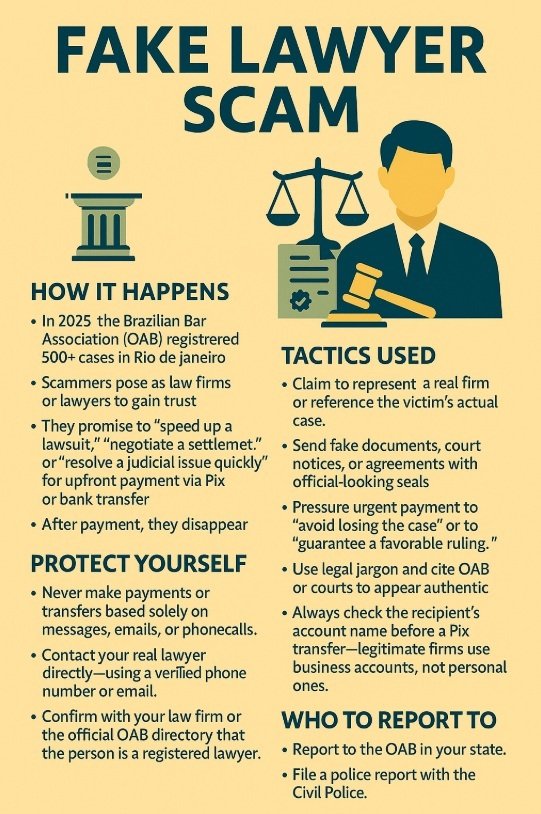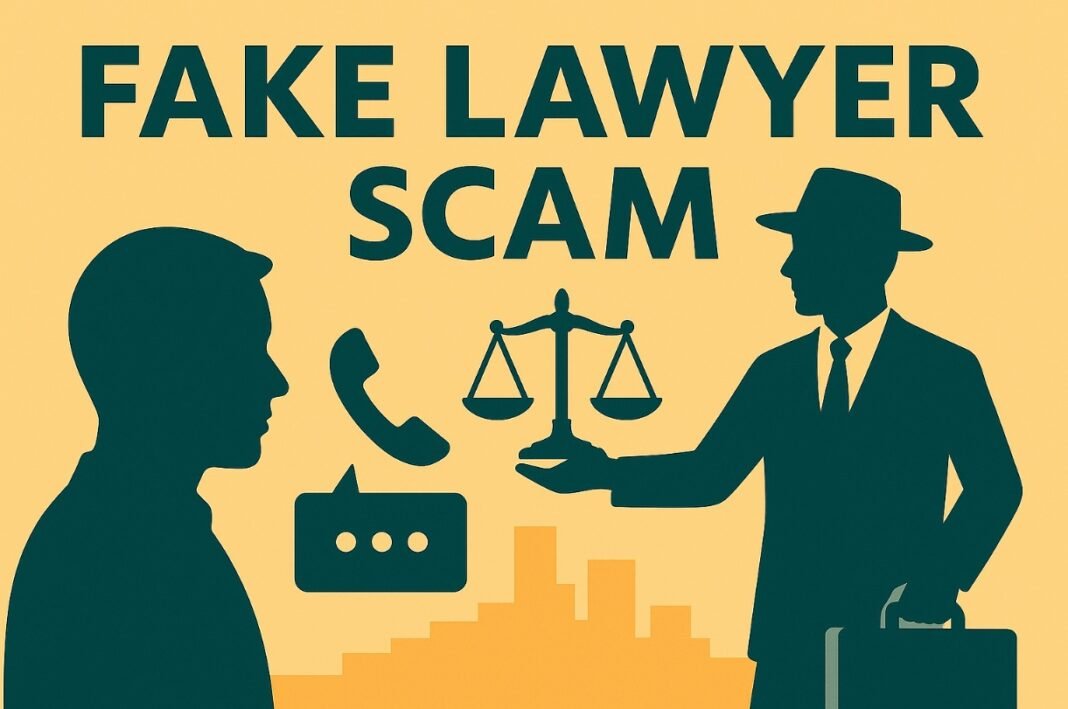Online scams have become increasingly common, demanding greater attention to the links and online content we interact with daily. Cybercriminals are constantly creating new methods to deceive people for financial gain, ranging from falsified payment receipts to fake technician impersonations. In Brazil, around 71% of the population has already fallen victim to this type of crime, which shows the need for caution when clicking on links in WhatsApp messages, emails, or SMS, as well as avoiding sharing personal information with strangers. To reduce risks, it is essential to understand how these scams work, recognize their main types, learn what to do if you are targeted, and adopt preventive measures to protect your data and avoid financial losses.
This article is part of a series on digital security. You can read the other texts here.
This Content Is Only For Subscribers
To unlock this content, subscribe to INTERLIRA Reports.
– How it happens:
In 2025, the Brazilian Bar Association (Ordem dos Advogados do Brasil – OAB) registered more than 500 cases of scams involving criminals impersonating lawyers in the state of Rio de Janeiro. Scammers contact victims claiming to represent law firms or legal offices and use convincing language to gain their trust. They usually say they can “speed up a lawsuit”, “negotiate a settlement”, or “resolve a judicial issue quickly” — but only after a payment or transfer is made. These payments are often requested via Pix or direct bank transfer. Once the victim sends the money, the criminals disappear.
– What tactics do they use?
• They claim to represent a real law firm or mention the victim’s actual case to appear credible.
• They send false documents, court notifications, or agreements with official-looking seals.
• They pressure the victim to make an urgent payment to “avoid losing the case” or to “guarantee a favorable ruling.”
• They use legal terms and mention real institutions (such as the OAB or the courts) to reinforce the illusion of authenticity.
– How to protect yourself
• Never make payments or transfers based solely on messages, emails, or phone calls.
• Contact your real lawyer directly — using a verified phone number or email — before taking any action.
• Confirm with your law firm or the official OAB directory whether the person contacting you is truly registered as a lawyer.
• Be wary of anyone promising quick legal solutions in exchange for upfront payment.
• Always check the recipient’s account name before confirming a Pix transfer — legitimate law firms should use business accounts, not personal ones.
– Who to report to
If you suspect a scam, report it immediately to the OAB in your state and to the Civil Police. Filing a police report helps prevent others from falling victim to the same fraud.





